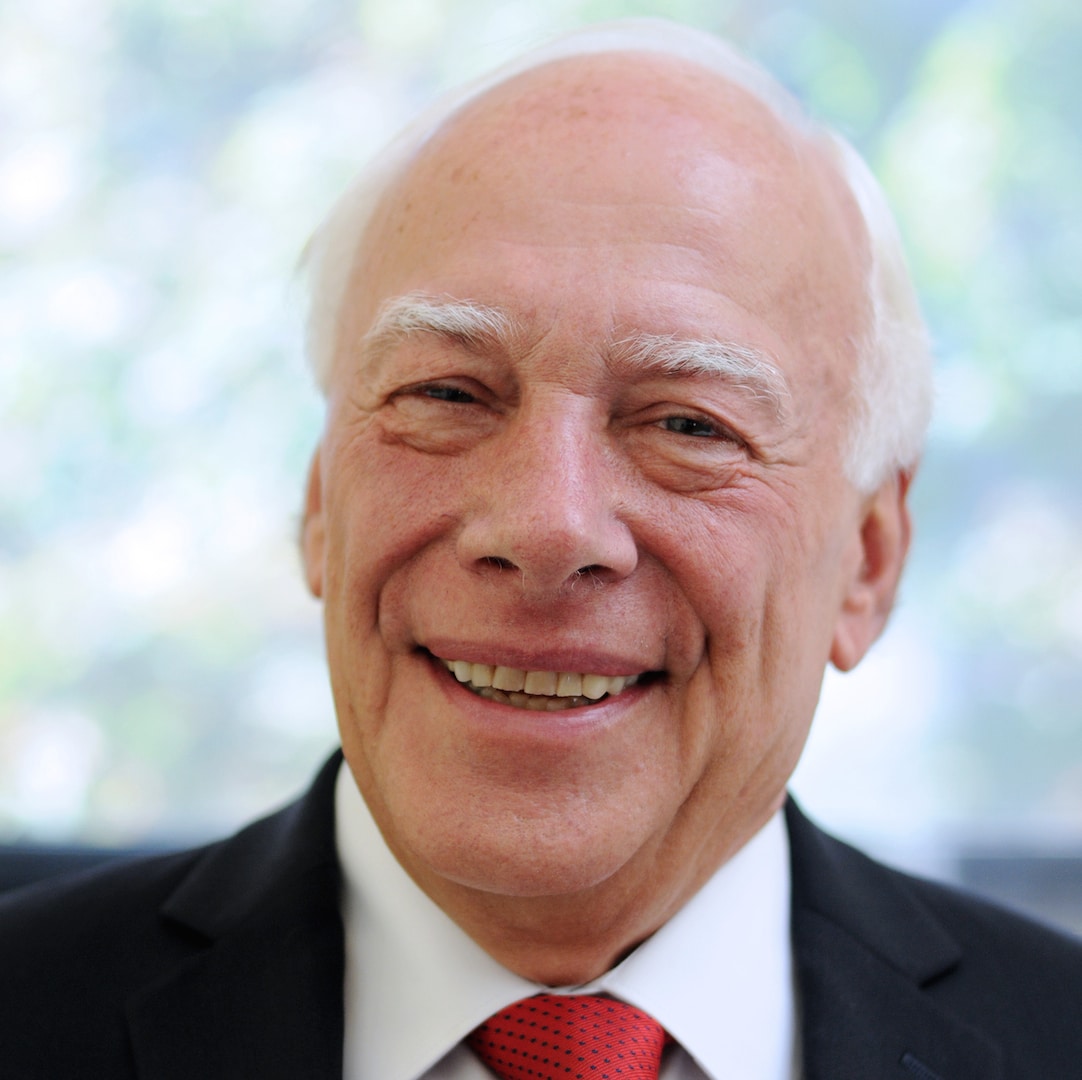Recovery Through Entrepreneurship
Purpose Prize Fellow 2015
Psychologist teaches entrepreneurship to people with substance abuse or criminal histories to increase employment potential.
As a child, a severe stutter made me acutely aware of disabilities; understanding the potential for transformation led me to become a psychologist. Over a 40-year career in the fields of substance abuse and criminal justice, I helped to develop effective rehabilitation programs, in prisons and in the community, which cut recidivism in half. But we did not improve employment rates for people after they were released. This is now my encore purpose.
I retired at 65 to a life of leisure and sunny pleasures, in Laguna Beach, California. To my surprise, I became bored in “paradise” – so I returned to NYC to reunite with my (then) ex-wife and began teaching in a social-entrepreneurship program at New York University. I wanted to bring together criminal justice rehabilitation, entrepreneurship and employment skills, which led to the launch of Recovery Through Entrepreneurship (RTE) in May 2014.
With 65 million people involved in the criminal justice system, a criminal record becomes a life sentence of impaired professional opportunity and earnings. People who have been incarcerated often have limited workplace skills and lack access or the basic ability to use a computer. Traditional employment services in this sector usually focus on short-term, low-wage solutions; our focus is building skills, confidence and competencies to promote long-term success and independence. Our innovative approach strives to open employment opportunities for people with criminal justice histories, focusing on entrepreneurial skills and digital literacy.
- Provide entrepreneurship training to 220 people with substance abuse and criminal histories.
- Program participants show marked improvement in digital skills and knowledge and in principles of entrepreneurship and networking.
- Proactive in the professional community through publication of articles, conference presentations and training workshops.
Our web-based digital platform helps ex-offenders learn basic digital literacy and entrepreneurship, through the RTE method: Inspire, Educate, Develop, Network, Manage and Fund. In our pilot program in New York, teams of participants developed and produced four discrete projects: a cooking course, a stress-management program, a “peer2peer” education program and an alumni group. At the completion of the program, all of the teams pitched their ideas to the community that housed the pilot, and all four projects were accepted for implementation. This speaks to another RTE strength: Clients accustomed to receiving services instead become the creators and providers of services others seek. Our work continues in New York and in Arizona, and will likely expand nationally.
In my younger years, I was more goal-directed, with so much to prove about myself. At age 70, when RTE launched, I saw my “encore” as an opportunity to make an important social contribution and follow my passion and my profession, to accept new challenges and help the next discovery emerge. Facing one’s deeper vulnerabilities – “facing the dragon” – seems important in life, for ex-offenders and for people like me, opening up to an encore career. Turning “the problem” into a challenge that can lead to a positive outcome is the basic principle of the RTE approach – and an important key to embarking on a successful, and joyful, encore career.




